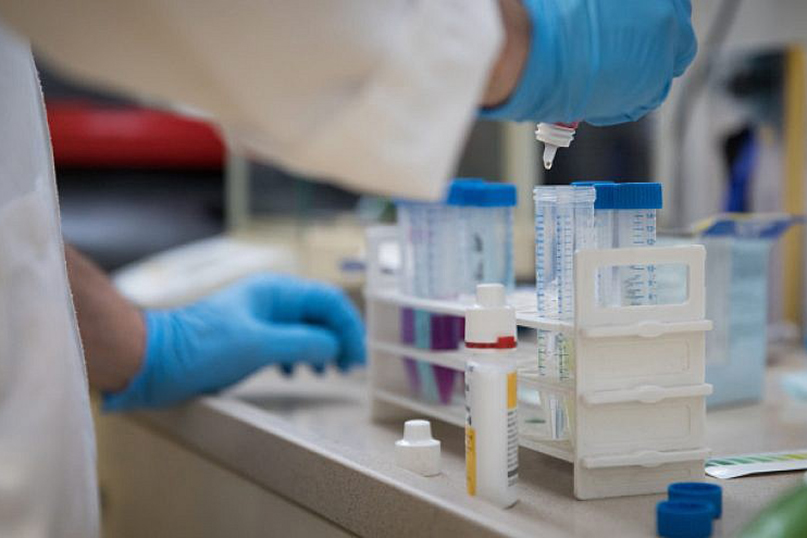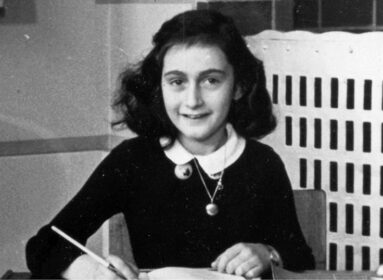
(JNS) An international research group from Israel and Scotland has reported in Nature Cancer a breakthrough that may influence the treatment of metastatic leukemia spreading to the brain. The researchers include hematological-oncological experts from Schneider Children’s Medical Center and Tel Aviv University, as well as scientists from the Technion-Israel Institute of Technology and the University of Glasgow. Their research focuses on acute lymphoblastic leukemia (ALL), the most common type of cancer among children. Although recovery rates for this disease are relatively high, the treatment is harsh and accompanied by numerous side effects that can persist years after the patient is cured. Since one of the main risks of ALL is that the cancer will metastasize to the brain, children diagnosed with this disease receive a prophylactic treatment that protects the brain from metastasized cells.
Currently, this treatment consists of injecting chemotherapy drugs into the spinal fluid and sometimes also radiation to the skull, which carries the risk of side effects for damaged brain function since these chemotherapy drugs also harm healthy brain cells.
For this reason, a worldwide effort is underway to develop more selective treatments that will only affect the leukemia cells and not the brain cells.
The work was carried out by three young female scientists from Tel Aviv University’s Sackler Faculty of Medicine, the Rappaport Institute and Rappaport Faculty of Medicine at the Technion-Israel Institute of Technology, and the Wolfson Wohl Cancer Research Centre at the University of Glasgow. Part of the research was also carried out at Memorial Sloan Kettering Cancer Center in New York. The discovery is also relevant for several other types of cancer in children and adults. This research, which demonstrates that cancer cells adapt to the organs to which they spread, paves the way for biological treatments that block these adaptation mechanisms, thereby stopping the cancer cells from metastasizing.
Main Photo: A researcher at the Technion-Israel Institute of Technology in Haifa on Feb. 19, 2019. Photo: Hadas Parush/Flash90.







 Southern New England Jewish Ledger
Southern New England Jewish Ledger














